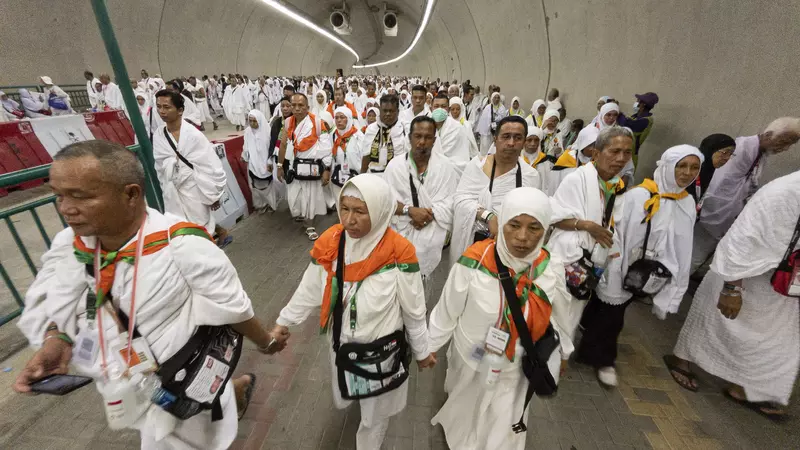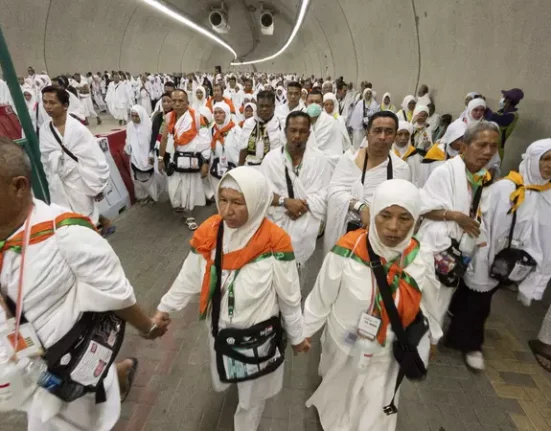In what continues to pose a significant challenge for the world’s most populous Muslim nation, millions of Indonesian Muslims may have to wait up to four decades before they can perform the Hajj pilgrimage, despite Indonesia holding the largest official Hajj quota globally.
This development was brought into sharp focus by Yahya Cholil Staquf, the chairman of Nahdlatul Ulama (NU) — Indonesia’s largest Islamic organisation — during his address at the 49th Hajj Symposium held in Jeddah, Saudi Arabia. Staquf expressed deep concern over the long wait time endured by Indonesian Muslims, calling for a fairer and more efficient system to manage Hajj participation, particularly for first-time pilgrims.
As it stands, Indonesia is allocated 220,000 Hajj slots annually under the quota system. This figure, though the highest of any country, is dwarfed by the staggering number of Indonesians registered for the pilgrimage — currently exceeding 5.5 million people. The resulting backlog has created a prolonged queue with wait times now stretching between 20 and 40 years in many regions of the country. This means that many Muslims in Indonesia, despite being eligible and eager to perform the religious obligation, may never get the chance within their lifetimes.
Staquf stressed the importance of reinforcing the once-in-a-lifetime Hajj policy to ensure wider and more equitable access. He noted that those who have already performed Hajj should not be allowed to monopolize the quota while millions await their first opportunity. “There must be a stronger enforcement of the policy to prioritise first-timers,” he said, citing the principle of fairness in the allocation of a religious duty that is mandatory for all Muslims who are financially and physically capable.
Saudi Arabia’s guidelines for the 2025 Hajj season continue to allow nearly two million pilgrims from across the globe to partake in the sacred journey. However, this figure, governed by a longstanding resolution passed in 1987 by the Organisation of Islamic Cooperation (OIC), allots each country one pilgrim per 1,000 citizens of the Muslim faith. While this system aims to manage crowd control and logistics, it inadvertently places countries like Indonesia — with a Muslim population exceeding 230 million — in a difficult position.
Recent policy adjustments in Saudi Arabia now aim to prioritise pilgrims who are embarking on the Hajj for the first time. This is in line with the religious requirement that Hajj is to be performed once in a lifetime by Muslims who have the means. However, for many Indonesian citizens, the dream of fulfilling the fifth pillar of Islam remains just that — a dream.
As the queue grows longer each year and the financial and logistical demands of the pilgrimage increase, millions continue to wait, some for decades, hoping that reforms or expanded quotas will someday open the way for them to answer the sacred call to Mecca.

